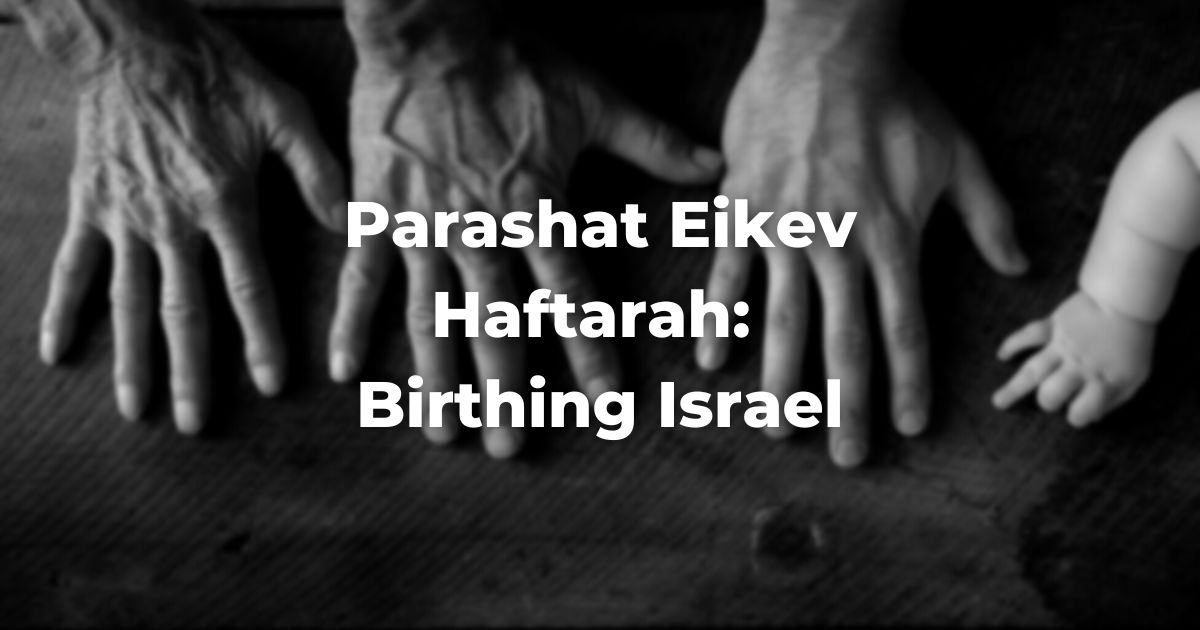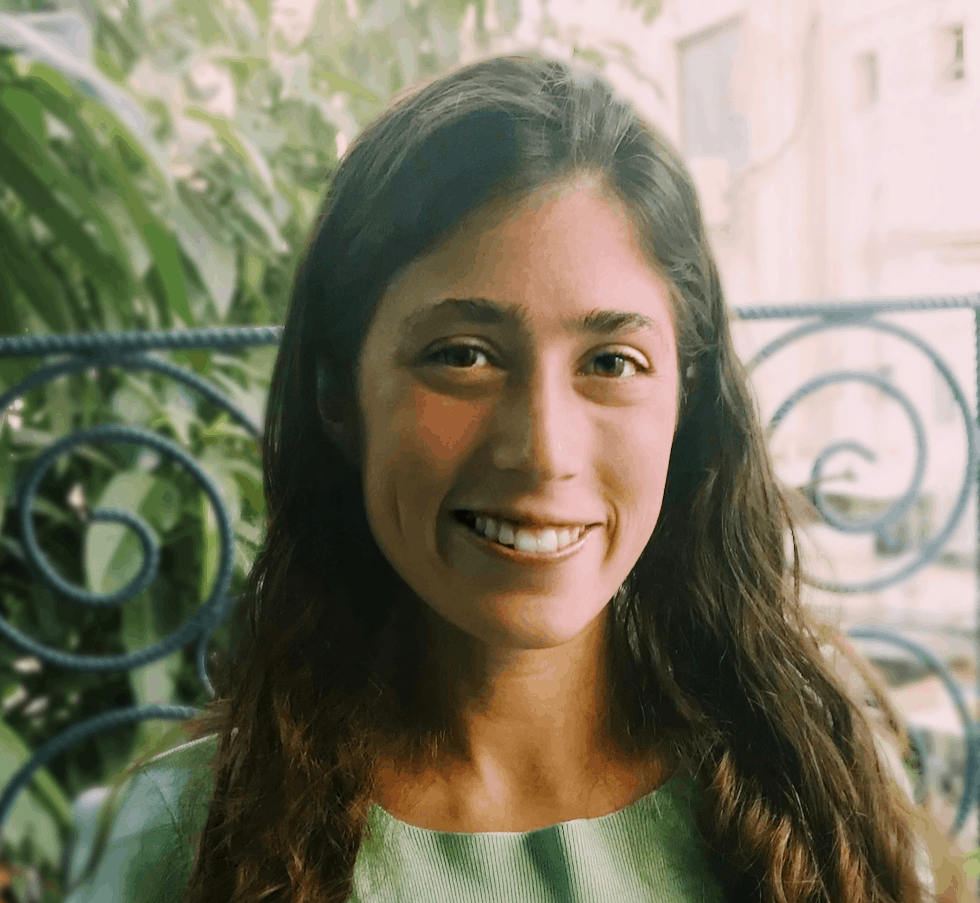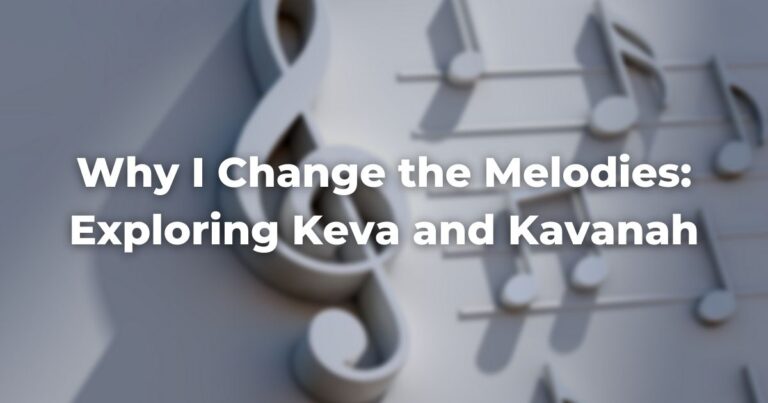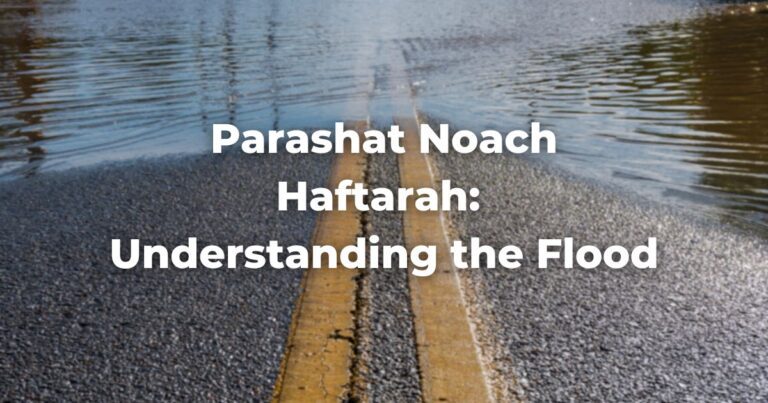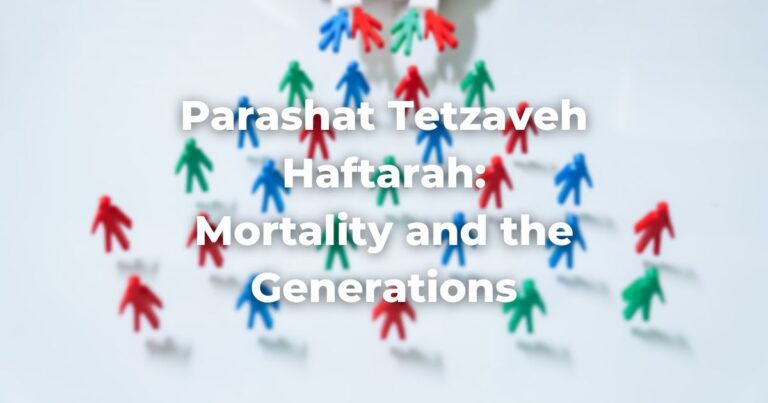The Torah opens with stories of the making of descendants.
One after another, we read stories of longing for children, opened wombs, difficult pregnancies and births, and marriages made to ensure the cycle continues. Abraham receives the promise of descendants more numerous than the stars, and we spend the rest of the TorahRefers to the first five books of the Hebrew Bible, the Tanakh, also called the Five Books of Moses, Pentateuch or the Hebrew equivalent, Humash. This is also called the Written Torah. The term may also refer to teachings that expound on Jewish tradition. Read more trying to reach a point where we can no longer be numbered.
This fecundity is the sign of our chosenness. And we create a system for passing tradition down generations.
We perfect the art of storytelling, articulating a narrative to be told and retold ritually. We are the people who are fruitful and multiply, teaching our children to be fruitful and multiply after us.
The Celebration of Birthing Israel
Our haftarah celebrates this tradition. In a beautiful prophecy of reconciliation, God promises us that all will be well. God returns us to our status as inheritors of the Abrahamic promise. The images used to describe this reconciliation are of conception, pregnancy, birthing, and childrearing. Where God was our director in Genesis, opening the wombs of the women so that they might bear children, here God listens to the fears and the complaints of women.
God creates a whole new way of understanding what conception, pregnancy, birth, and childrearing can be.
The first such image we read is, as translated by Robert Alter: “Does a woman forget her babe, have no mercy on the child of her womb? Though she forgot, I will not forget you.”
We can read this as the utter terror of the mother, the realized worst nightmare. This was our lived experience in the Book of Lamentations, as the dire situation made it so that we could no longer provide for our offspring. God promises us here that the rules of the game are changing.
We are God’s offspring and cannot be forgotten.
The next image juxtaposes the swift arrival of children with the going out of those who cause destruction. The straightforward reading of the text is that our nation will be rebuilt and our enemies will leave.
But we can also read it as a rewriting of the birthing experience. God promises a swift and easy birth as opposed to a slow “going out” in which the child exiting the womb causes destruction to the birther. No longer will we have to bear our children in pain and in sorrow.
The final image is that of the woman marveling at the existence of her children, tended by royalty. She questions who bore the children for her.
The difficulties and the trauma associated with the making of descendants in Genesis have been transformed. God becomes the one birthing, and the nations rear the children. For us, for Israel, this means the suffering is gone and only the children remain. We have still been chosen, but no longer is pain the sign of our chosenness.
See more: Parashat Eikev
Originally posted as part of the Conservative Yeshiva at the Fuchsberg Jerusalem Center’s Torah Sparks. Support Torah learning from the Fuchsberg Jerusalem Center/Conservative Yeshiva for leaders and seekers around the world here.
Authors
-

Bex Stern Rosenblatt is the Conservative Yeshiva’s Faculty-in-Residence for the Mid-Atlantic Region of the United States, teaching Tanach, using the techniques of close-reading, theater, feminist readings, and traditional commentators. Bex also directs the CY’s recruitment efforts in North America. After finishing her B.A. in History and German at Williams College, Bex received a Fulbright Grant to Austria. She later earned an M.A. in TanakhAn acronym for the name of the Hebrew Bible: Torah, Neviim, and Ketuvim. Read more from Bar Ilan University and has also studied at the Conservative Yeshiva and Bina Jerusalem. Bex is the founder of HavrutaA study partner. A hevruta is more than just a ‘study buddy’ it is a serious and personal relationship between colleagues. Also spelled: Havruta Read more Tel Aviv, an organization that facilitates guided pair-learning of the Tanakh.
View all posts -



The Fuchsberg Jerusalem Center (FJC) is a home in the heart of Jerusalem where leaders and seekers can find an authentic place in Jewish tradition to call their own. FJC offers opportunities to study, pray and explore within an egalitarian and inclusive setting, creating multiple pathways for finding personal and communal meaning.
View all posts

